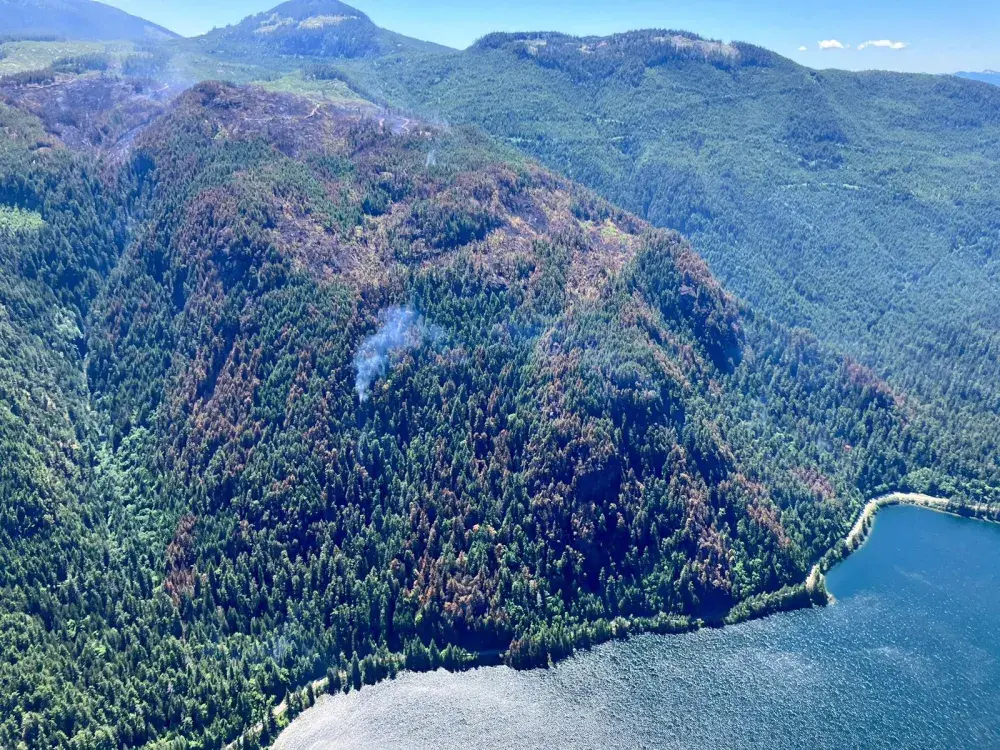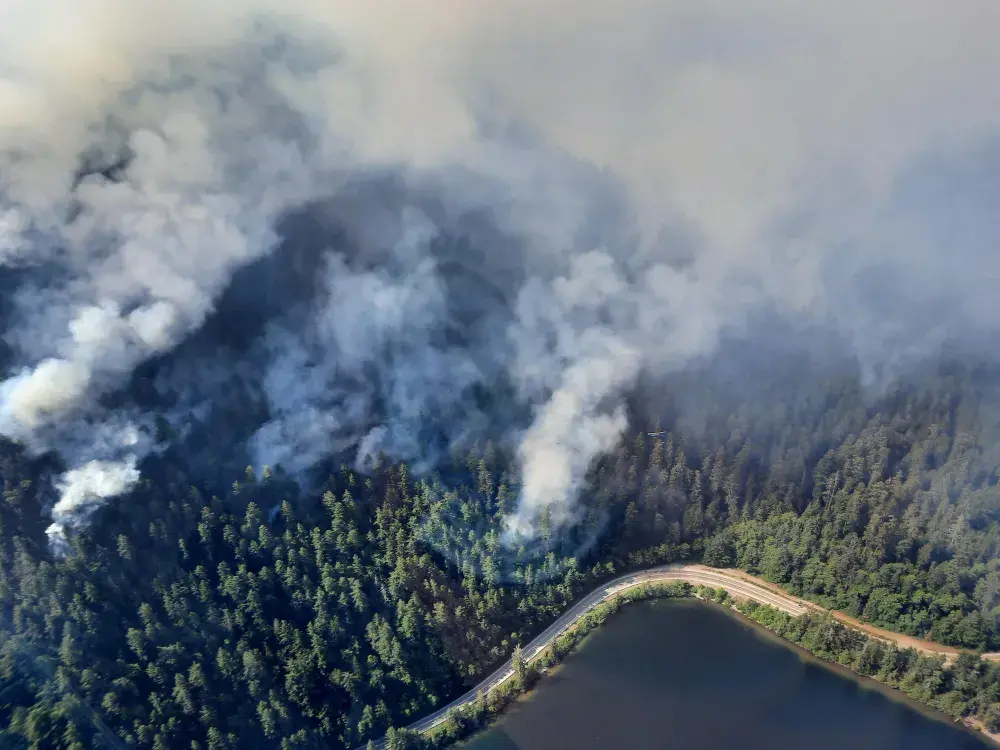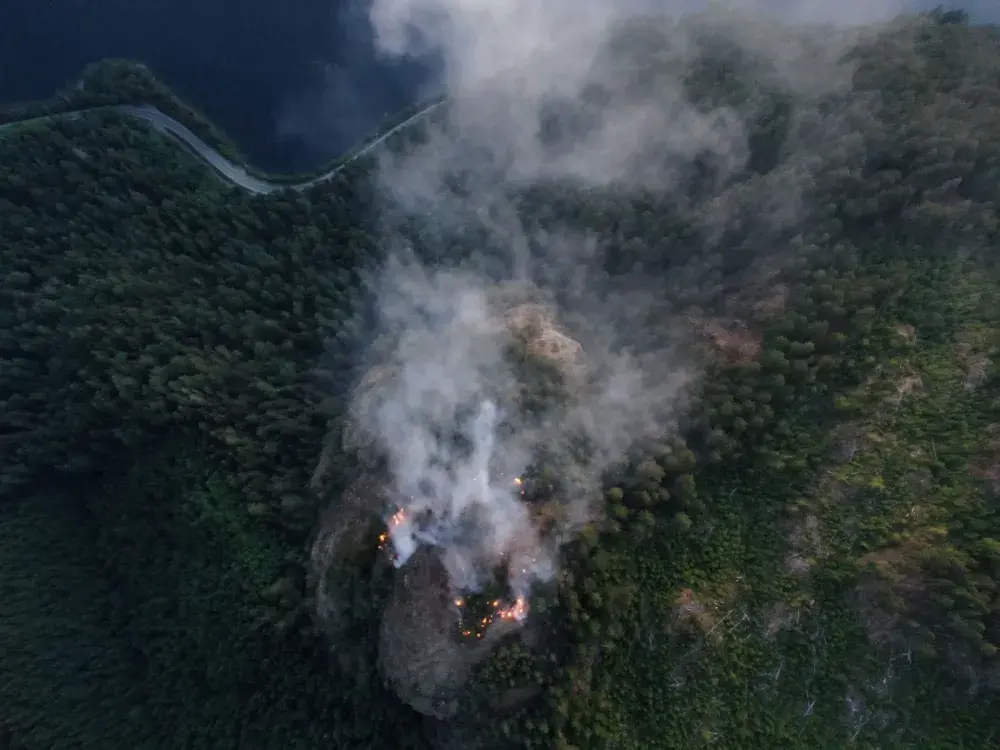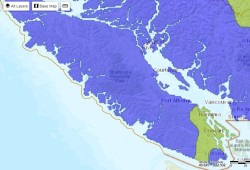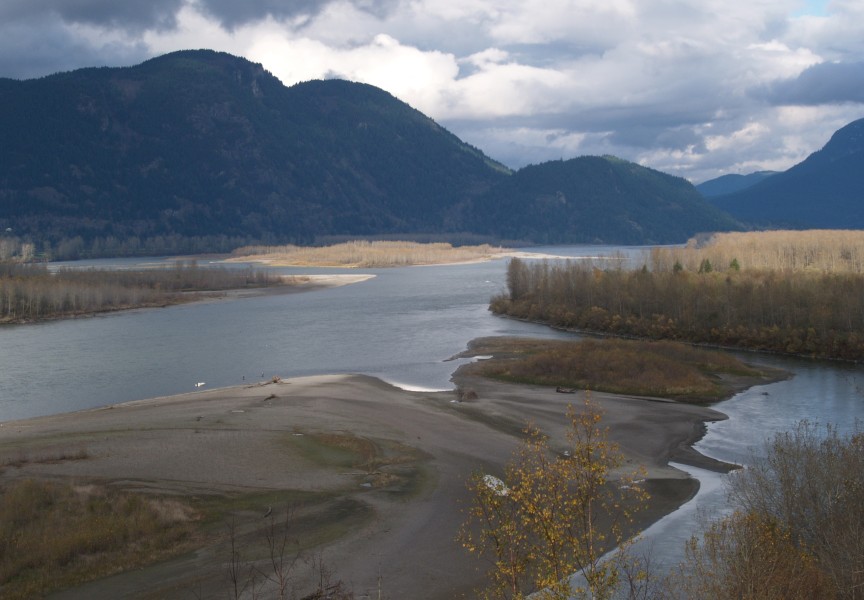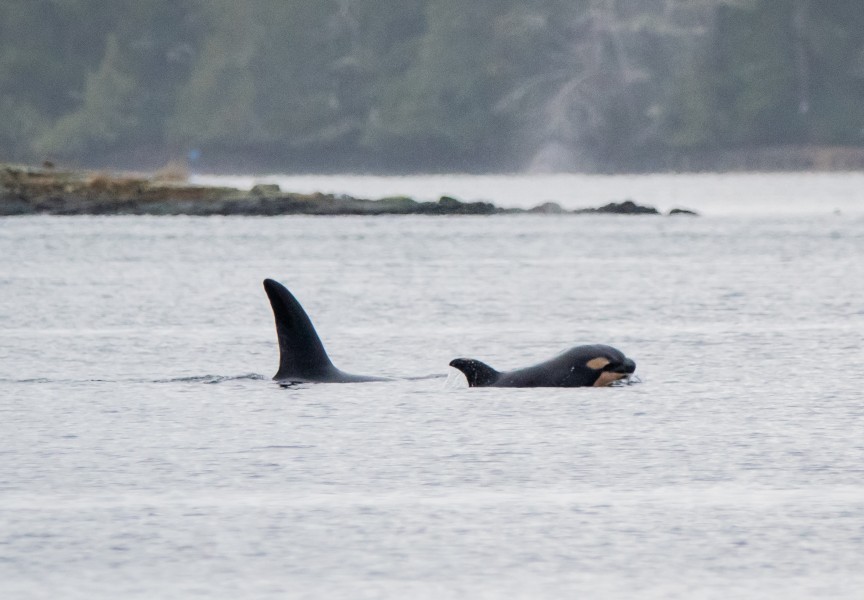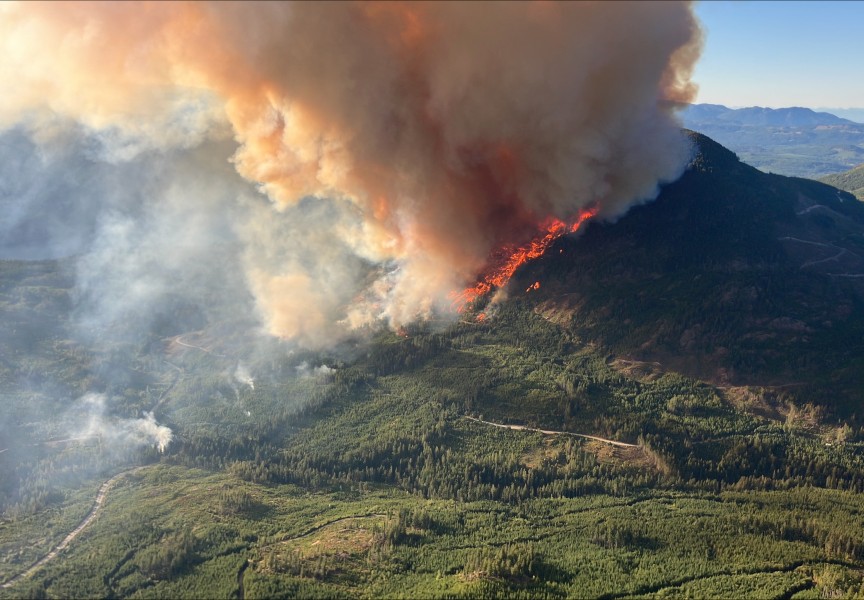Summer 2024 is a month away but the entire Vancouver Island is already at Stage 2 drought conditions, according to the Province of British Columbia. This means that, effective May 17, Category 2 and 3 open burn fires are prohibited across the Coastal Fire Centre.
Open burn fires are no larger than two meters high and three meters wide. At this point, campfires under this size have not been prohibited.
The summer of 2023 saw some of Tofino’s worst drought levels with a lack of winter snowpack and 75 per cent less average annual rainfall. With water reservoirs running dry, Tofino had to take extreme water conservation measures. Meanwhile, tourism was heavily impacted due to the Cameron bluffs forest fire, which choked traffic to the west coast for most of the summer.
According to Jake Richardson, fire information officer at the BC Wildfire Service, summer 2024 will see campfire bans again. When the ban starts depends on many things.
“Currently on the coast we have a Category 2 and Category 3 fire prohibition in place, which we hope will help to reduce the number of human-caused wildfires in our region this spring,” Richardson said in an email to Ha-Shilth-Sa. “Based on the weather indices, which we track daily and review often, a campfire prohibition may also come into effect on the coast sometime this summer when the temperature, fuel moisture, humidity, and other factors reach triggering thresholds.”
As Vancouver Islanders saw in 2023, drought not only means campfire bans, but also increased danger of wildfires, as was the case at Cameron Lake, when a suspected human-made fire was not properly extinguished near the top of the mountain in early June. Due to the steep terrain and windy, dry conditions, the fire was difficult to control and forced the closure of Highway 4 between Parksville and Port Alberni for much of summer.
But there may be some good news for 2024.
“Fortunately, when we look at drought and its relation to wildfire, the coast received some consistent rainfall this winter prior to freeze-up, and we are receiving precipitation in many areas currently,” Richardson noted. “While rainfall levels are less than average, they have been high enough to take the coast out of drought condition and contribute to a very low Drought Code across our area.”
The Drought Code, he explained, is a numeric rating of the average moisture content of deep, compact organic layers, and is an important factor when looking at wildfire risk.
The Island has seen rain in the last few days of May and, with cooler temperatures than this time last year, there is a good chance we won’t see the extremes of 2023.
“The fire season will ultimately be shaped by how much rain B.C. receives this spring and into June,” said Richardson.
The B.C. Wildfire Dashboard app says the recent rains and more seasonable weather conditions this spring have reduced wildfire activity in the province. However, much of B.C. remains unseasonably dry as a result of ongoing drought.
The cooler weather and periods of rain has allowed Wildfire Service crews to make progress in containing a blaze burning in Fort Nelson, in northern B.C. But the weather will turn to more summery conditions in the coming days.
“Despite mixed precipitation and cooler temperatures in recent days, much of B.C. remains unseasonably dry as a result of ongoing drought. This means fuels continue to be very susceptible to ignition and wildfires can spread rapidly,” said BCWF in a May 27 statement.
Richardson says the BCFW knows that 2024 could wind up being another challenging wildfire year across the province, “but we are positioned and ready to respond to potential new fires here within the Coastal Fire Centre.”
British Columbians and visitors are being asked to do their part in preventing wildfires. If you’re out enjoying nature BCWS is asking people to be responsible.
“Regardless of the time of year and conditions, we want to stress that anyone recreating in our forests needs to be responsible if having a campfire, as well as when engaging in any activity that could potentially cause a wildfire,” said Richardson.
If you live in an area where your home could be threatened by wildfire, there are steps you can take to protect your home. Richardson recommends homeowners visit the FireSmartBC website where they will find information about preventative measures to protect their homes.
“FireSmart BC’s website has a wide range of things homeowners can do to take part in reducing the risk for their home,” said Richardson.
For the latest information about B.C.’s wildfire situation, download the BC Wildfire Service application.

